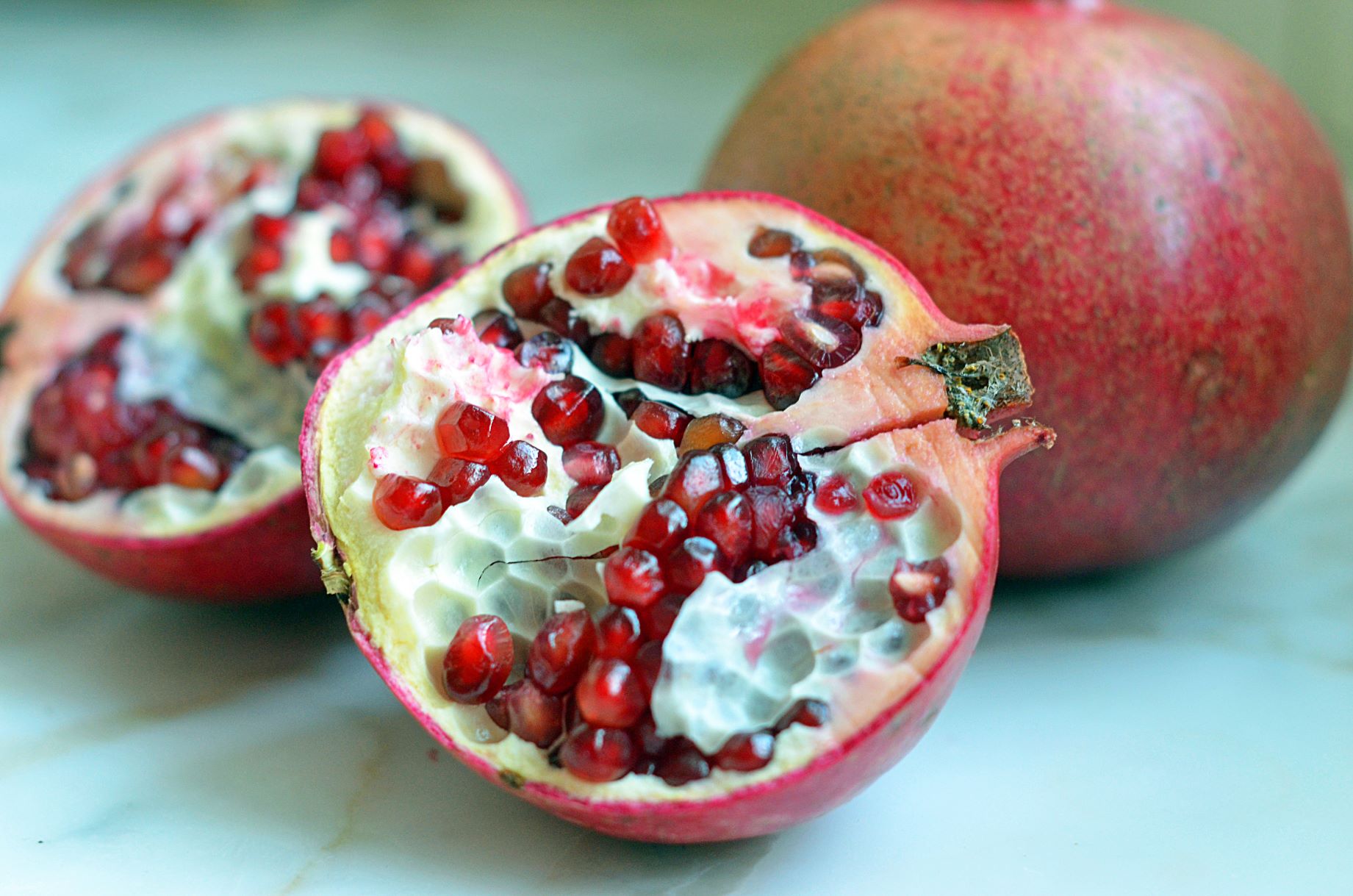
Pomegranates, with their vibrant ruby-red seeds and tangy-sweet flavor, have been enjoyed for centuries around the world. But did you know that there are many interesting and fun facts about this delightful fruit? From its rich history to its health benefits, pomegranates are truly fascinating. Whether you’re a fan of pomegranate juice, arils, or even incorporating it into savory dishes, these 10 fun facts about pomegranates will give you a new appreciation for this ancient fruit. So, sit back, grab a pomegranate snack, and get ready to discover some intriguing tidbits about this delicious and nutritious fruit!
Key Takeaways:
- Pomegranates are ancient, symbolic, and packed with nutrients, making them a superfood with medicinal properties and cultural significance in various religions.
- Pomegranates are not only delicious and versatile in cooking but also have potential health benefits, such as lowering blood pressure and promoting heart health.
The Pomegranate is an Ancient Fruit
Pomegranates have been cultivated for thousands of years. They are believed to have originated in the region of modern-day Iran and have been mentioned in ancient texts and mythologies, including Greek, Roman, and Egyptian folklore.
Pomegranates are Symbolic of Fertility and Prosperity
In many cultures, the pomegranate is regarded as a symbol of abundance, fertility, and good luck. Its vibrant red color and numerous seeds are seen as representations of prosperity and vitality.
Pomegranates are Packed with Nutrients
These delicious fruits are not only tasty but are also loaded with beneficial nutrients. They are a great source of vitamins C and K, as well as fiber and antioxidants, which help protect the body against oxidative stress and inflammation.
Pomegranates Can Help Lower Blood Pressure
Studies have shown that pomegranate juice may have a positive effect on blood pressure levels. The antioxidants present in pomegranates can help reduce inflammation and improve heart health.
Pomegranate Trees Can Live for Over 200 Years
Pomegranate trees are known for their longevity. With proper care, these trees can live for more than two centuries, producing an abundance of delicious fruits throughout their lifespan.
Pomegranates Have Medicinal Properties
Since ancient times, pomegranates have been valued for their medicinal properties. They have been used to treat various health conditions, including digestive disorders, sore throat, and even erectile dysfunction.
Pomegranates Are Considered a Superfood
Due to their rich nutrient profile and numerous health benefits, pomegranates are often considered a superfood. Including them in your diet can boost your overall health and well-being.
Pomegranates Have Symbolic Significance in Many Religions
Pomegranates hold important symbolic significance in religions such as Judaism and Christianity. They are often associated with fertility, abundance, and spiritual purification.
Pomegranates Are Used in Culinary Delights
Pomegranates are not only delicious on their own but also make a flavorful addition to a wide range of dishes. They can be used in salads, sauces, smoothies, desserts, and even cocktails, adding a refreshing and tangy twist.
Pomegranates Are a Fall Favorite
With their vibrant red color and sweet-tart flavor, pomegranates are a popular fruit during the fall season. They are often incorporated into seasonal recipes and festive celebrations.
Conclusion
Pomegranates are not only delicious but also offer numerous health benefits. From their rich history to their antioxidant properties, they have claimed their rightful place as a superfood. Whether you enjoy them fresh, as juice, or in culinary creations, incorporating pomegranates into your diet can be a fun and healthy choice.
So go ahead and indulge in these fascinating pomegranate fun facts while relishing their unique taste and reaping the many benefits they have to offer!
FAQs
1. How many seeds does a pomegranate have?
A pomegranate can have anywhere from 200 to 1,400 seeds, depending on its size and variety.
2. Are pomegranates good for you?
Yes, pomegranates are packed with antioxidants, vitamins, and minerals. They are known to boost heart health, improve digestion, and support overall well-being.
3. Can I eat the peel of a pomegranate?
While the peel is edible, it is tough and not commonly consumed. The juicy seeds inside and the arils (the fleshy seed casings) are the most commonly eaten parts.
4. Are pomegranates only available during a specific season?
Pomegranates are typically in season from September to February in the Northern Hemisphere, but they are now available in many regions year-round due to advancements in cultivation and storage techniques.
5. Can pomegranate juice be beneficial?
Yes, pomegranate juice is rich in antioxidants and is believed to support heart health, reduce inflammation, and boost immunity. However, it’s important to consume in moderation due to its naturally high sugar content.
Was this page helpful?
Our commitment to delivering trustworthy and engaging content is at the heart of what we do. Each fact on our site is contributed by real users like you, bringing a wealth of diverse insights and information. To ensure the highest standards of accuracy and reliability, our dedicated editors meticulously review each submission. This process guarantees that the facts we share are not only fascinating but also credible. Trust in our commitment to quality and authenticity as you explore and learn with us.
